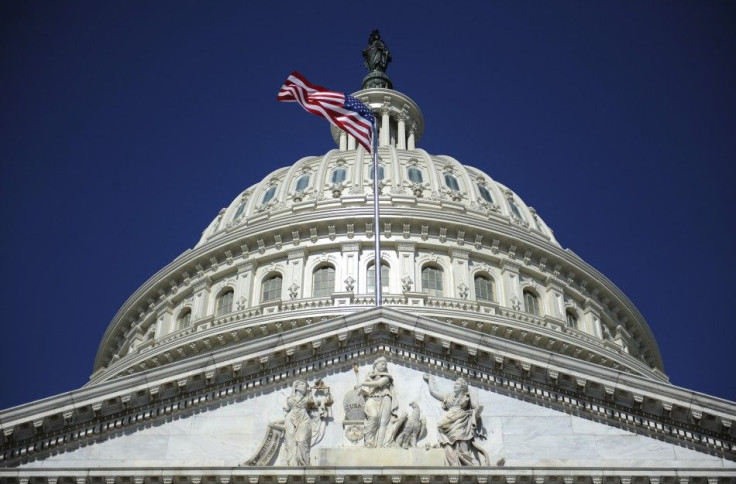A Case for Privatizing the Welfare State
Opinion

Since the 1960s, the United States has spent $16 trillion on the welfare state. This unfathomable price tag is more than our entire national debt, which just recently reached $15 trillion. With social welfare expenditure at about 35 percent of GDP, the obvious question is: Are the benefits outweighing the astronomical costs we pay?
The facts speak for themselves. Of the $64.7 billion spent on food stamps last year, $2.5 billion was wasted on improper payments. Medicare fraud costs taxpayers as much as $90 billion a year. Unemployment benefits fraud amounts to about $17 billion annually. These are fraud costs for just three of the seventy programs that comprise the welfare state. The fact is America's welfare state is riddled with corruption.
Why is there so much abuse in our social programs that goes unnoticed? It's common sense -- our federal government is ill-equipped to manage a massive welfare state because the founding fathers never intended for this responsibility to be within the realm of the federal government's duties. James Madison made this clear: ... [T]he government of the United States is a definite government, confined to specified objects. It is not like the state governments, whose powers are more general. Charity is no part of the legislative duty of the government.
Why, then, do we task the federal government with administering social programs when it is inept to do so? While I am staunchly opposed to the welfare state in its current gargantuan form, I am for lending a fellow American a helping hand when needed. This, however, should be left to the citizenry and merely encouraged by the government.
Rather than wasting trillions on entitlement programs that are crippled by waste, fraud, and abuse, the federal government should privatize these programs and encourage donations through large tax breaks. Why not allow successful charities like the United Way, the Salvation Army, the Red Cross, and the Boys & Girls Clubs of America take over the programs that the federal government is failing miserably at administering?
Some argue that this would be detrimental to the general welfare because there would not be enough funds donated to maintain all of the entitlements that are currently provided for the public. True, money allotted for social programs would most likely be significantly less. But privatizing is still good for three reasons.
First, private charities can do more for less. The government ruins anything it gets its hands on. The soon-to-be bankrupt Amtrak, the U.S. Postal Service, and Social Security system are but a few examples. Meanwhile, the aforementioned charities, along with many others, have succeeded at translating money into public aid effectively.
Second, privatizing would be hugely advantageous for our skyrocketing debt, which is largely driven by huge payouts to sustain our welfare state. Private charities cannot spend beyond their means like the federal government does. They will be forced to make do with what they have.
Finally, less money to put toward the welfare state would force Americans to lose the entitlement mentality that has become so deeply engrained. Fewer benefits would translate into more of an effort to find a job, put food on the table, and provide for one's family. It would force those who can work to work, leaving those truly in need as the recipients of aid. Moreover, it would re-instill the values that come from hard work and struggle, which are the foundations of this country.
Ultimately, a privatized welfare state relies on the generosity of others. It depends on Americans being willing to open their wallets and help. Some would say that there is inherent risk in this. But I, on the other hand, see little risk in relying on the goodwill and kindness of Americans. Last year, the U.S. tied Switzerland as the fifth most generous nation because Americans give a significant amount of money and time to charity. I believe Americans would step up to the plate even more in the face of a privatized welfare state.
It's time for the federal government to only do what it was originally intended to do. It's time for taxpayers to demand an end to the corrupt welfare state we put our hard-earned money into each year. It's time to privatize the welfare state.
Kayleigh McEnany is a writer and political activist who graduated from the Georgetown University School of Foreign Service and studied at Oxford University. She is the founder of www.RealReaganConservative.com. She writes every Tuesday for the International Business Times.
© Copyright IBTimes 2024. All rights reserved.





















